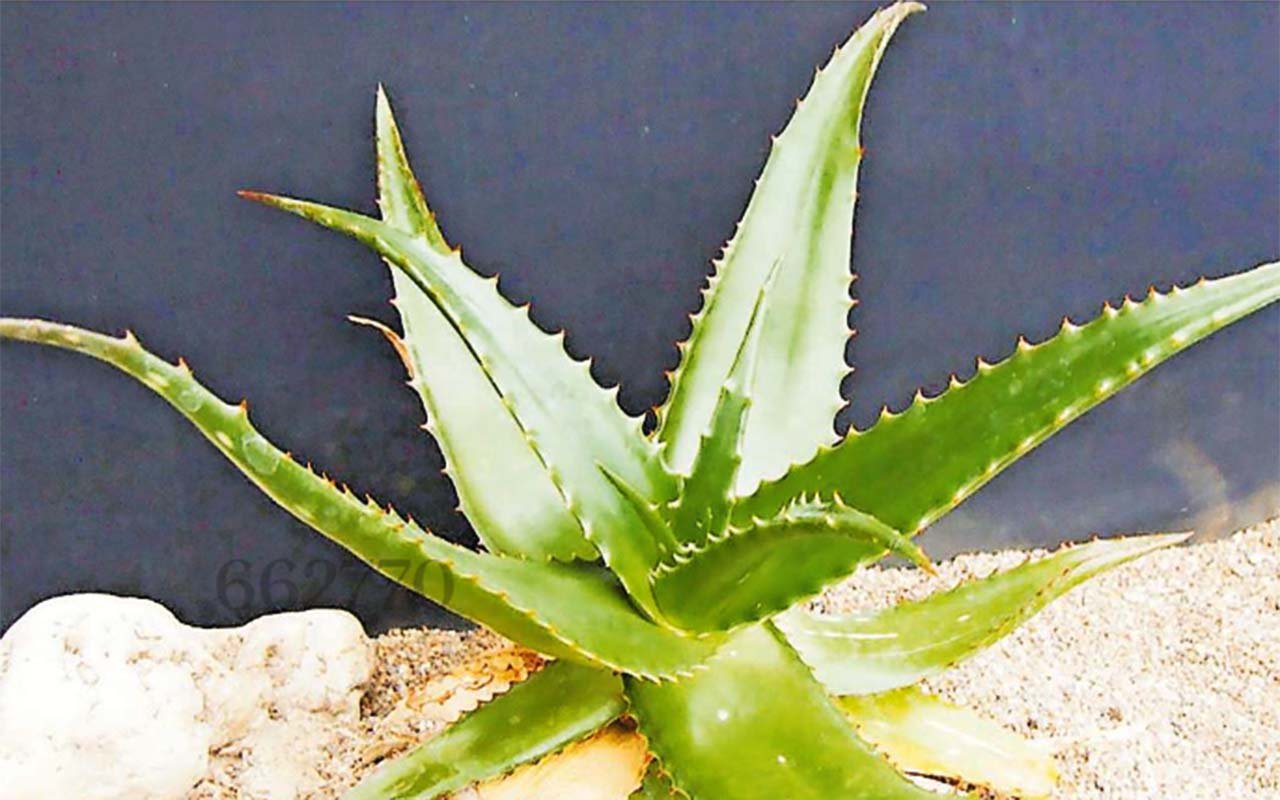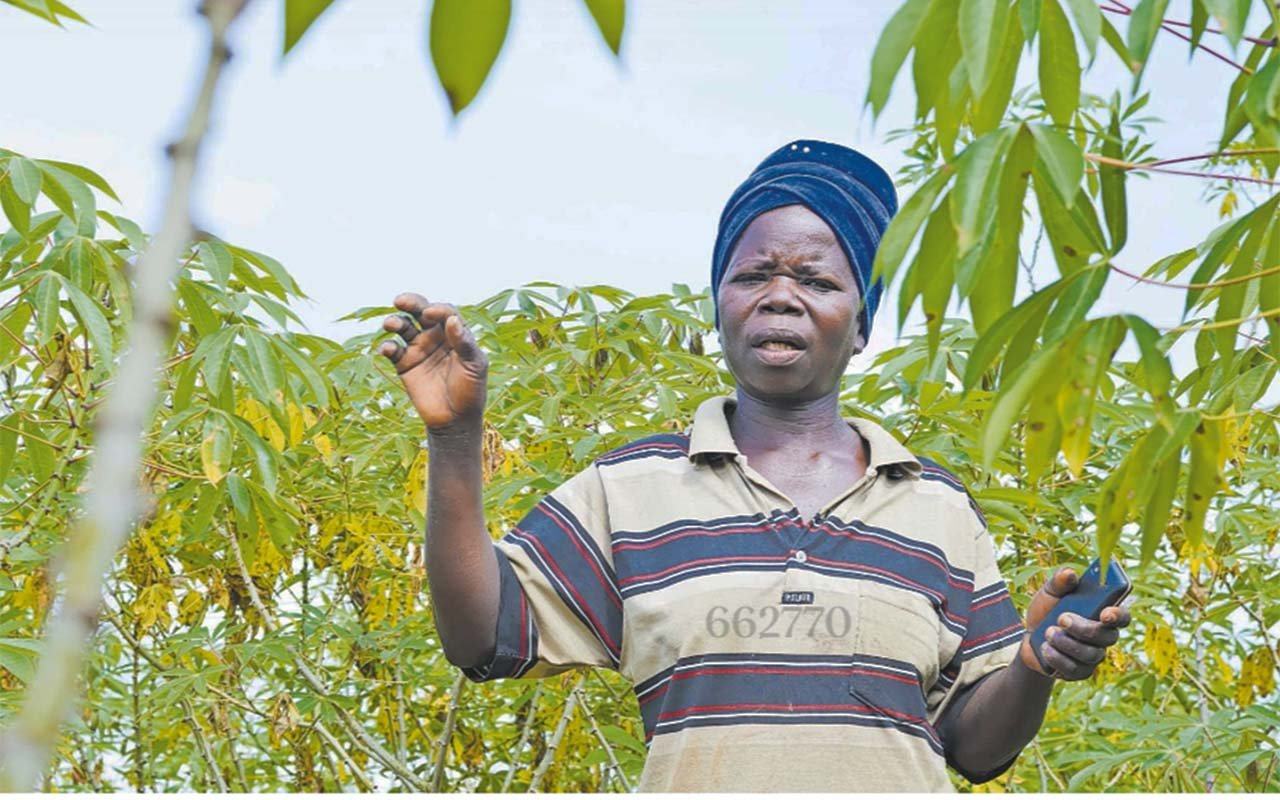Prime
Agriculture show had hits and misses

Most of the Eastern region farmers prioritise production of lucrative cane to subsistence farming which obviously threatens food security. FILE PHOTO
What you need to know:
- When a national event such as the annual Source of the Nile National Agriculture Show becomes a routine, most times all the targeted outcomes may not be achieved. On its 26th occurrence, Denis Bbosa illuminates its gains and losses plus what you might have missed.
Even when a majority of the attendants came from the Eastern Region, the agricultre show, organised by the Ministry of Agriculture, Animal Industry and Fisheries in partnership with the Uganda National Farmers Federation, attracted a national appeal.
Organised under the theme “Fostering Agricultural Value Chains Innovation for Farmer-Led Food Security, Household Income and Job Creation,” it was evident that there is information thirst from farmers, most of whom attended in groups.
Growing sugarcanes vs. food security
The show came at a time when the government plea in the host region rotated around balancing growth of sugarcane at the expense of food for consumption and sale.
Most of the Eastern region farmers prioritise production of lucrative cane to subsistence farming which obviously threatens food security.
According to Justus Kushemererwa, the development manager at Kaliro Sugar Works, they have been preaching to active and prospective farmers to intercrop and implement the 30 per cent production on their land for food production.
“We tell our farmers to grow canes to change their financial status but not forsake to grow other food crops. This show has informed us that agriculture is fast becoming a permanent job as more farmers seek to invest in it,” said Kushemererwa.
Technology, farming inseparable
More than 10 tractor selling companies jostled for space and attention at the agricultural show – and each had farmers inquiring about the latest technology and prices. According to Moses Mugeni, the sales executive at Cooper Motors, a farmer who shuns the latest farming technologies cannot earn good money.
“We brought three brands of tractors with the latest technology to Eastern farmers after a thorough research of what they need to improve in their sugar cane production,” he reveals.
“The newest New Holland tractor TT490 has been tailor-made for the out growers in the Eastern region terrain and comes at the cheapest price.
Plus, it accommodates other utilities used for irrigation, planting, slashing and spraying pesticides and applying fertilisers making it a must have all-in-one machine,” he added. Beyond the tractors, there was a display of other agro processing machines and value addition latest technologies that have left many awed, educated and changed.
Short term crops vs long term crops debate ignited
On the show were various maize producers, one of them was Masindi Seed Company. David Wanzara an agronomist, explained that their maize seeds was high yielding and drought tolerant which makes it ideal for any prospective Eastern based farmer.
Wanzara decried the low attendance of ‘actual’ farmers in this edi tion leaving them mostly with students yet the information they have packaged entailed the hands-on methods of uplifting the modern maize farmer and directions to ready market.
According to Martin Ayebare, an agronomist from Royal seed, dealing mainly in production of vegetables such as Sukuma wiki, cabbages, carrots and tomatoes, Busoga region should prioritise growth of short life span crops for fast benefits.
“Busoga region and Ugandans at large should go for leafy vegetables because they grow very faster, add to food security, endure the weather changes,” Ayebare said.
According to their research, if farmers put emphasis in growing the latest tomato breeds – Striker, Rambo and Terminator – the talk of poverty in the region will be a thing of the past.
Government hand in agribusiness still weak
The chief organiser – Ministry of Agriculture, Animal Industry and Fisheries – stated that they designed this year’s theme to showcase new trends in agricultural mechanization, irrigation, value addition, breeding, research, crop and animal husbandry, fisheries and aquaculture as well as apiculture. Yet on ground, there was thin presence of government agricultural juxtaposed to the overflowing private entrepreneurs.
“Operation Wealth Creation programme is the way to go. It should be a daily prayer for parents, private sector, students, traditional leaders and religious leaders as we seek to attain innovation in our agribusiness sector,” Major Kiconco Tabaro, the group publicity said.
He added that this show was acting as a platform for the soldier led agriculture initiative to move from the 3.6 million coffee exported bags to 5.2m bags.




